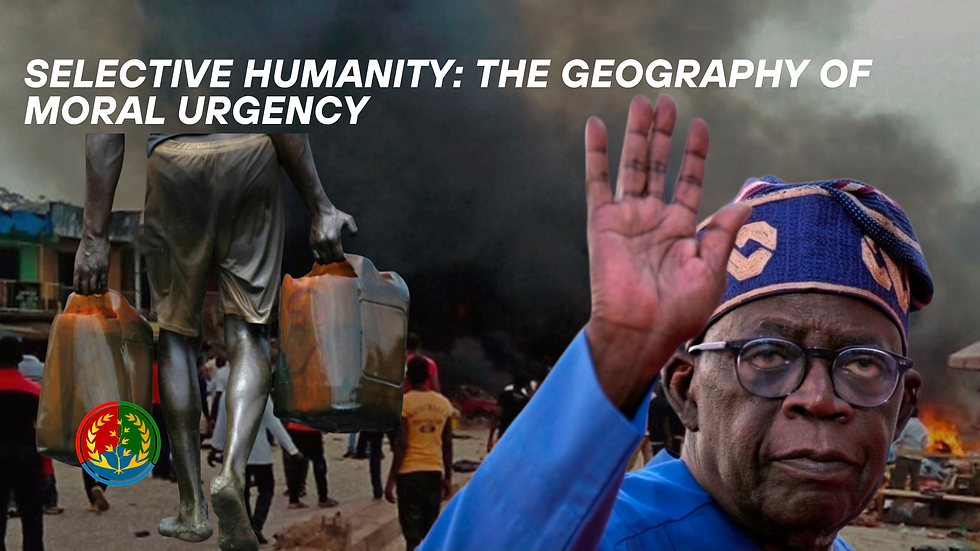"Eritrea in the Geopolitical Landscape: Past and Present"**A Strategic Stand: Eritrea's Role in Regional Dynamics**
- AK Amartey
- Jan 20, 2024
- 1 min read
Eritrea's role in the geopolitics of East Africa is a complex narrative of resilience, strategic positioning, and a continuous struggle for sovereignty. This narrative is not just a story of a nation but a reflection of the broader regional and global power dynamics.
Historically, Eritrea has navigated a challenging geopolitical landscape. Positioned between larger powers like Ethiopia and Egypt and facing external influences from Western nations, Eritrea's geopolitical strategy has been shaped by a need for self-determination and a focus on maintaining its sovereignty.
The nation's approach to external powers, particularly Western nations, has been cautious and strategic. Eritrea's history is marked by interactions that reflect a deep understanding of the implications of foreign involvement in domestic affairs. This stance is a response to a history of external influences reshaping the regional dynamics to their advantage.
In the present context, Eritrea continues to play a critical role in the geopolitics of East Africa. Its position on the Red Sea coast makes it a strategic player in regional and global maritime routes. The nation's approach to its neighbors and external powers is guided by a deep-seated commitment to its principles and a keen awareness of the historical consequences of foreign intervention.
Round Table Question: How has Eritrea’s geopolitical strategy influenced its past and current standing in the African and global arena?
.png)



Comments